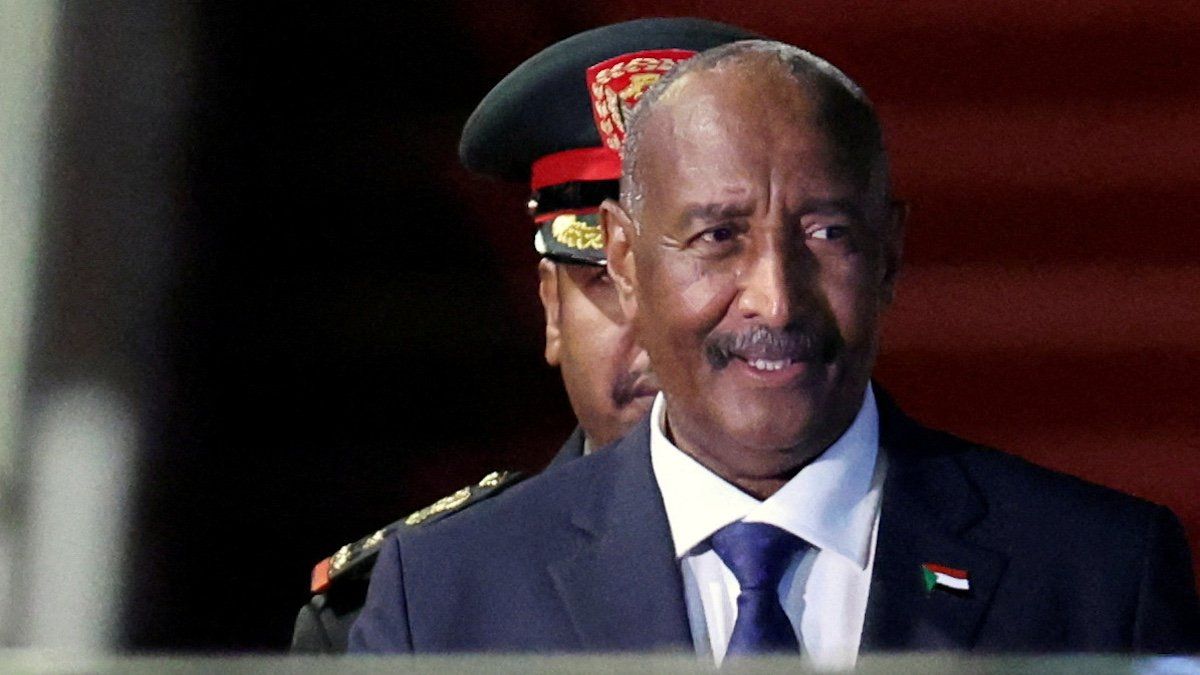The United States on Thursday imposed financial sanctions on Sudan's army chief, General Abdel Fattah al-Burhan. The move came a week after Washington imposedsimilar sanctions on the leader of the rebel Rapid Support Forces, Mohamed Hamdan Dagalo, whose militia has been warring with government forces for the past 18 months, ina conflict that has killed up to 150,000 people,displaced 11 million, and caused 26 million to go hungry.
Why sanction both sides? US officials said Thursday that the Sudanese army deployedchemical weapons against the RSF at least twice, and there are concerns they may use them in populated areas in the capital, Khartoum. They have also committed humanitarian violations and used starvation as a weapon of war.
As for the RSF, on Jan. 7, Secretary of State Antony Blinken accused the group ofperpetrating a genocide against the non-Arab Masalit people, killing boys and men and committing sexual violence against women and girls because of their ethnicity.
Washington doesn’t want to pick sides but to pressure them into a ceasefire. The RSF currently controlshalf of Sudan, including almost all of Darfur, Khartoum, and southern regions, and there are concerns thata partition of the country would lead to “state disintegration,” provoking an even greater humanitarian catastrophe.
